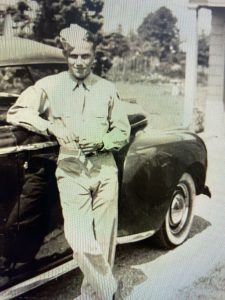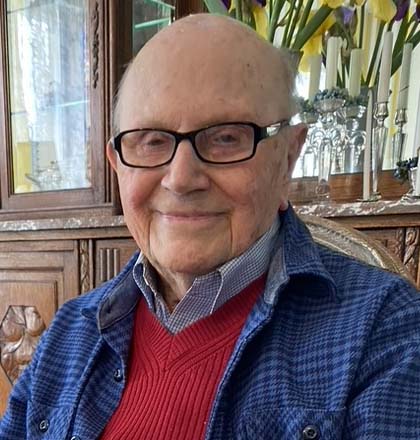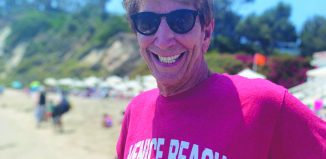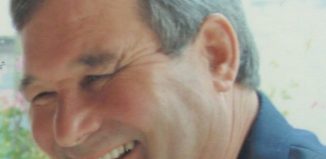Obituary: In remembrance of Henry S. Ryon
On May 10, 1925 Henry S. Ryon was born in Brooklyn on Fenimore street. Henry’s youth was spent in the shadow of the famous Brooklyn Dodgers Stadium, Ebbets Field. Walking home from school he could see if the bleachers were full. The roar of the crowd could be heard as he approached closer.
He spent summers with the family in a rented cottage in Peconic. There was no electricity and water– except for when the windmill turned the pump. It did not matter because the view from the cliff of the Sound and the days on the beach is all they needed.

During high school he attended Boy Scout Camp up in the Catskills. The war had started but he was still too young to join. In his senior year, 1943, he took the army program test and scored high enough to be accepted into the Army Specialized Training Program. That September, he entered basic training in Fort Benning Georgia before returning to Brooklyn to study. The need for more troops ended the program in February of 44 and off they went to Kentucky to join the 75th division and prepared to go overseas.
They boarded a small British liner and joined a convoy; 15 days later they arrived in Liverpool. Heading to the front, he saw 36 B-17s fly just over their heads, dropping paratroops; three planes were shot down in front of them. They arrived in the Ardennes on Christmas Eve and were immediately thrown into Germany’s last major campaign known as the Battle of the Bulge.
His platoon carried much needed ammunition to the front lines. Next, they headed for the last French City occupied by the Germans. While staying in an old barn, they discovered German Troops hiding in the hayloft just above their heads. One of Henry’s platoon members spoke Yiddish and convinced the trapped Germans to surrender.
In the Spring of 1945 they were pushing up the West side of the Rhein with many small skirmishes along the way. At one point the Germans held some high ground across a canal with a 30-foot high retaining wall on the other side. His platoon had to transfer ammo to the front line under heavy mortar fire by wading across the water and scaling the wall. For this he received the Army’s Bronze Star.
After the end of the war, troops that had been in the war the longest got to go home first. His platoon was tasked with cleaning up the piles of ammunition left over.
Tragedy struck one morning when an ammo depot blew up, killing half of his 30-man platoon.
After coming home, he entered college on the GI Bill and graduated Cornell University with a BA in Liberal Arts. Then he received a Teaching License from Adelphi and got a job at Port Jefferson High School. In 1957 he married Theora Newcomb, built a home in Poquott and had two sons, Christopher and Thomas.
In the early 1960s, he took a sabbatical leave to study at the University of Virginia and got his Master’s Degree. He later became director of Pupil Personnel at Charlotteville School District the very first year they integrated the schools. The title was good but the pay was low and the family returned to their Poquott home. In 1967, he became Head of the Guidance Department at Bellport and finally finished his career in the North Babylon School District.
Henry is survived by his two sons, Chris and Tom; three granddaughters, Linnea Curry, Emma Steinhart and Anna Voulters; and five great-grandchildren, Kiki, Ralph, Lenny, Theora and Lily.







